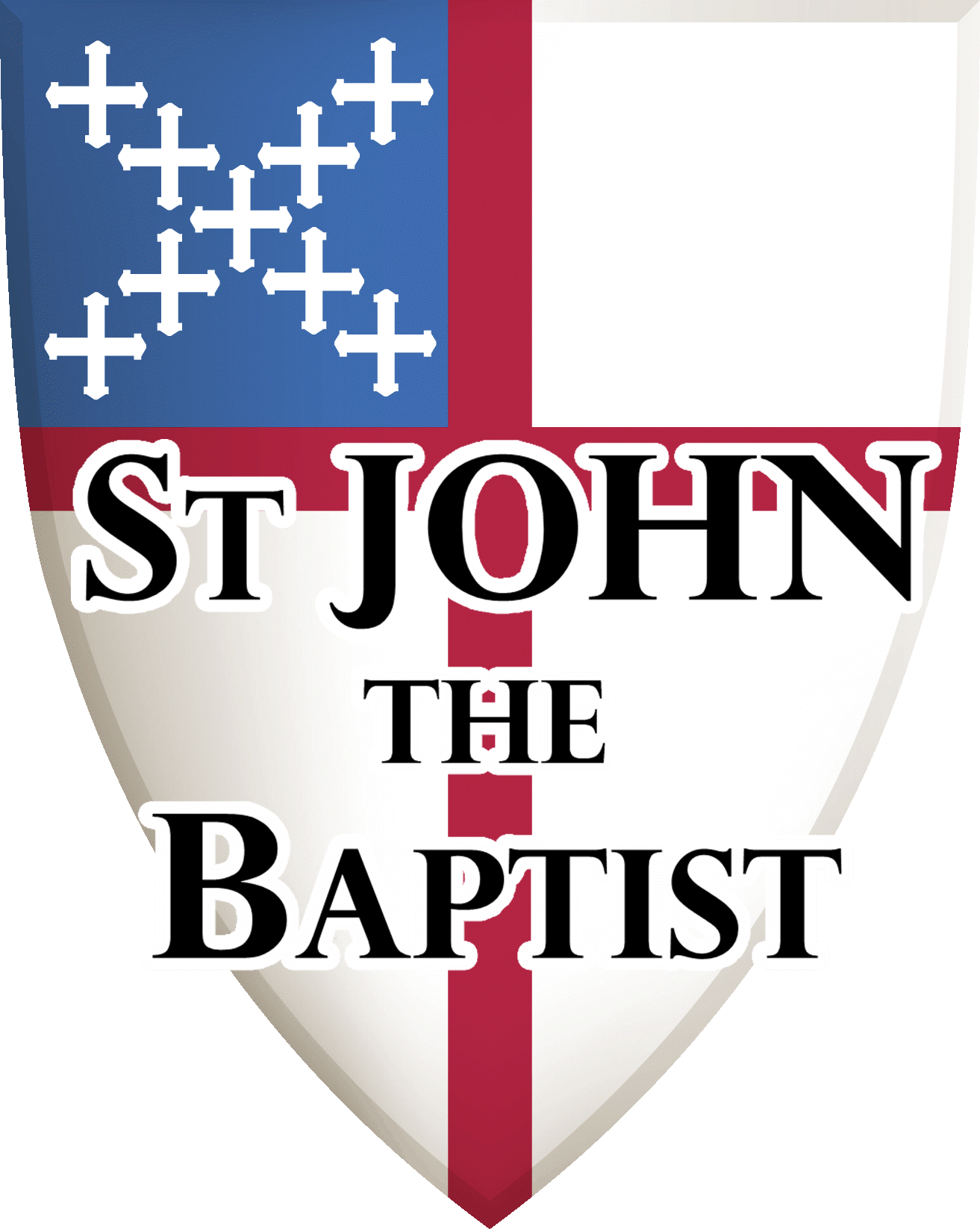THE EPISCOPAL DIOCESE OF NEW JERSEY
The Anti-Racism Ministry in the Diocese of New Jersey comprises the Anti-Racism Commission, the Anti-Racism Team and various anti-racism committees and teams developing within parishes.
The work of the Anti-Racism Ministry is to share a robust analysis of institutional racism widely to build the Beloved Community in the Diocese of New Jersey.
Resources and Bibliography
We welcome you to further engage in meaningful resources which may continue our joint efforts in combating the sin of racism.
We invite you to explore the following links with further information:
http://www.crossroadsantiracism.org/
http://www.antiracistalliance.com/
Click here for a bibliography of suggested resources from The People’s Institute for Survival and Beyond, containing many works that inform and expand upon the contents of our two-and-a-half day workshops.
Click here for a list of on-hand resources available from the Diocese of New Jersey and the Anti-Racism Commission. If you are interested in borrowing any of these items, please contact us at info@dioceseofnj.org.
From the National Offices of The Episcopal Church
Anti-Racism/Racial Reconciliation Training Resources
This page includes racial reconciliation/anti-racism training organizations and resources known to have been used by those in The Episcopal Church for developing and delivering training. Some of the organizations and resources listed have incorporated concepts defined in the Framework for Anti-Racism/Reconciliation Training developed by the Executive Council Committee on Antiracism & Reconciliation (ECCAR) and approved as General Convention Resolution 2018-A044.
For an introduction to the Framework, click here.Consult our Select List of Anti-Racism/Dismantling Racism Training Programs, compiled by The Episcopal Church’s Racial Reconciliation and Justice Team and ECCAR.ECCAR is the official Episcopal Church entity responsible for providing guidance on and tracking of anti-racism and reconciliation activities of the Church.
If you have questions about the Framework or use of any of these resources, please contact your local ECCAR member noted in this contact list.
Absalom Jones Center for Racial Healing The Absalom Jones Center for Racial Healing, founded by Dr. Catherine Meeks, provides programs and resources to promote racial reconciliation.
Crossroads Antiracism Organizing and TrainingRecognizing that racism goes beyond personal prejudice, Crossroads offers a distinctive Power Analysis of how racism functions in institutions, and offers tools to create antiracist transformation.
Sacred Ground“Sacred Ground” is a Film-Based Dialogue Series on Race & Faith created by Episcopal Church staff led by film director Katrina Brown. This set of videos and workbooks can be used to facilitate conversations on racism and reconciliation.
Seeing the Face of God in Each OtherDeveloped by staff of The Episcopal Church in the early 2000s, this curriculum focuses on anti-racism and can be used to develop customized training to be supplemented with content that follows the Anti-Racism/Reconciliation Framework described above.
The Center for Reconciliation at Duke Divinity SchoolReconciliation is a collaborative process. The Center for Reconciliation at Duke Divinity works to collaborate both locally and globally by stimulating a growing network of reconciliation scholars and practitioners as well as offering robust resources for reconciliation.
The Kaleidoscope InstituteThe Kaleidoscope Institute provides resources to equip church leaders to create sustainable churches and communities. It’s training programs incorporate concepts defined by the Framework.
The People’s Institute for Survival and BeyondThe People’s Institute for Survival and Beyond focuses on understanding what racism is, where it comes from, how it functions, why it persists and how it can be undone.
Visions, Inc.Our vision is to be a catalyst for a more equitable world where differences are valued and used for the benefit of all.



